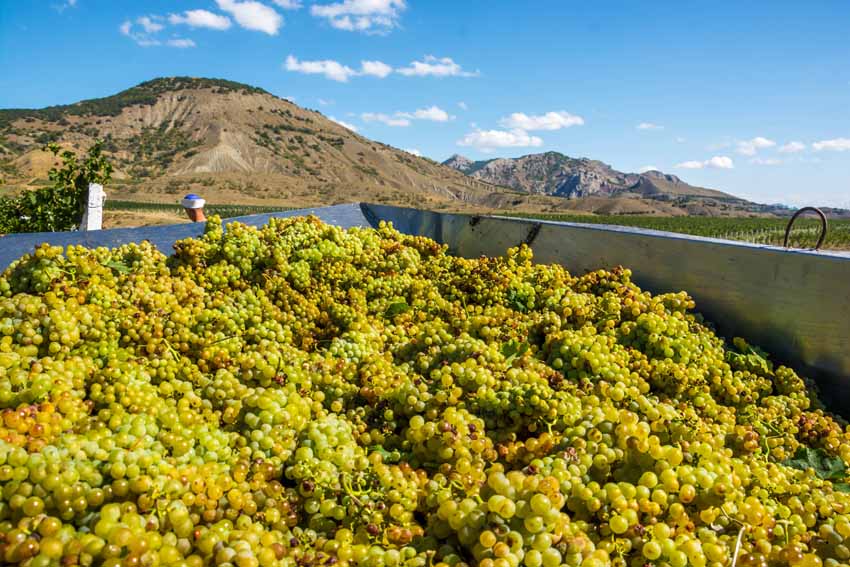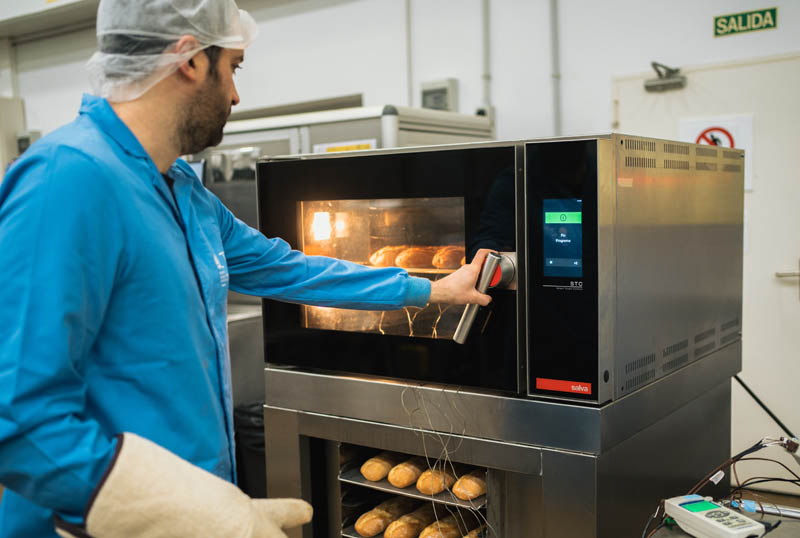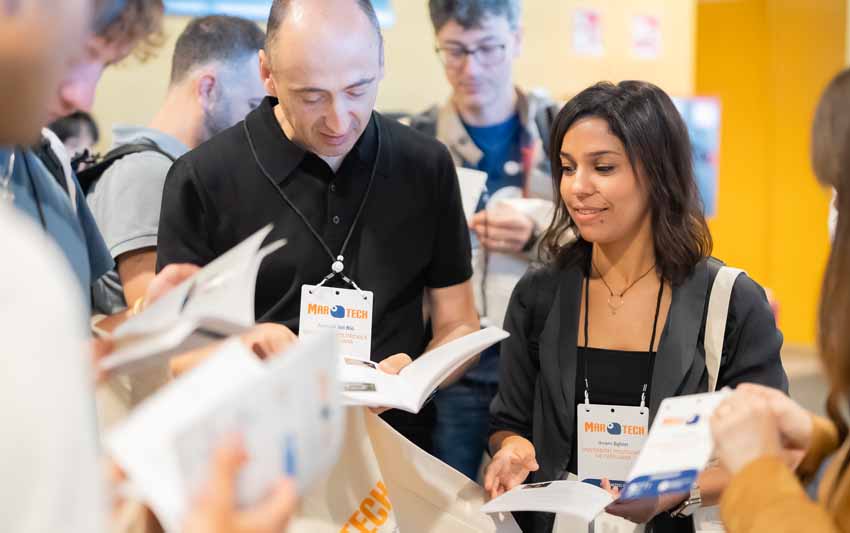New bio-based ropes for more eco-efficient and low-carbon aquaculture
Últimas noticias
Una mirada LGTBIQ+ al reino animal
Circular Economy in Action: Valorisation of By-products through Projects like PRIMA NEWFEED
Strategic Perspectives: Highlights from the Food4Future World Summit for Business Leaders
- AZTI technology centre has coordinated, within the framework of the BIOGEARS project, the development of “bio” ropes from biomaterials with the potential to replace conventional plastics of fossil origin in mussel and algae cultivation.
- The technical, environmental and economic sustainability analysis of the best performing mussel prototype reduced the carbon footprint by up to 34% compared to conventional plastics.
The initiative, financed by the European Maritime and Fisheries Fund of the European Union, has involved entities from Spain, Belgium and Ireland
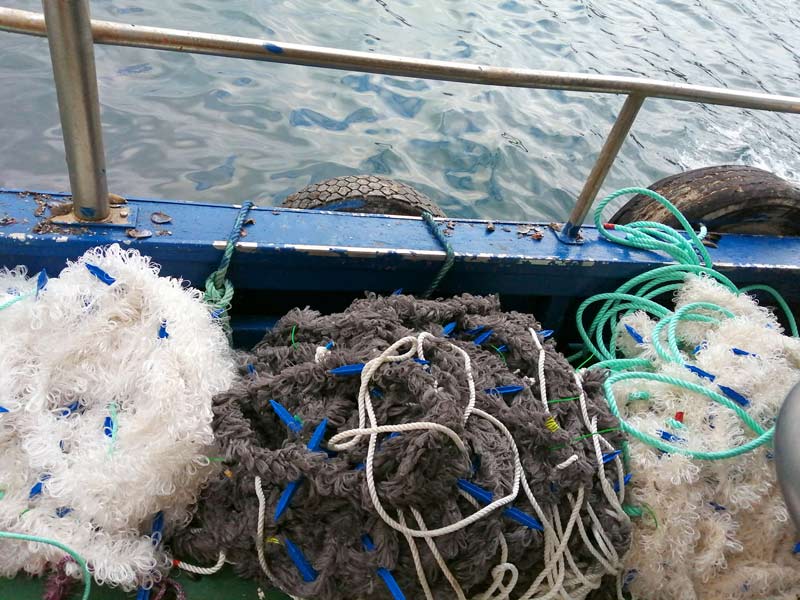
Pasaia, 11 May 2023- The interest of the European Union and other governmental organisations in the sustainable development of aquaculture in coastal areas is growing as part of the Blue Bioeconomy sector, which generates economic activity and employment. To facilitate the growth of this sector, new sustainable and environmentally friendly solutions are needed.
Offshore shellfish and seaweed farming have the highest growth forecast in the EU. However, the ropes used in their cultivation are made from conventional fossil-based (non-compostable) plastics, which can potentially contribute to the generation of plastic waste and marine litter and have a negative impact on the marine environment if not properly managed.
BIOGEARS is a European project that was conceived to find more eco-efficient alternatives in the production of these ropes. The project, coordinated by the AZTI technology centre for four years, presented its results this April.
After one year of cultivation, higher mussel yields were obtained with the biogears than with gears made from conventional plastics. In addition, the biogears maintained their functional and durability characteristics throughout the duration of the tests.
“We have developed and tested in a real environment prototypes of biobased ropes or ‘biogears’, suitable for mussel and seaweed culture. The results show that biogears have the potential to replace conventional ropes used in mussel aquaculture, both in the open sea suspended on longlines and on rafts”, says Leire Arantzamendi, researcher at AZTI.
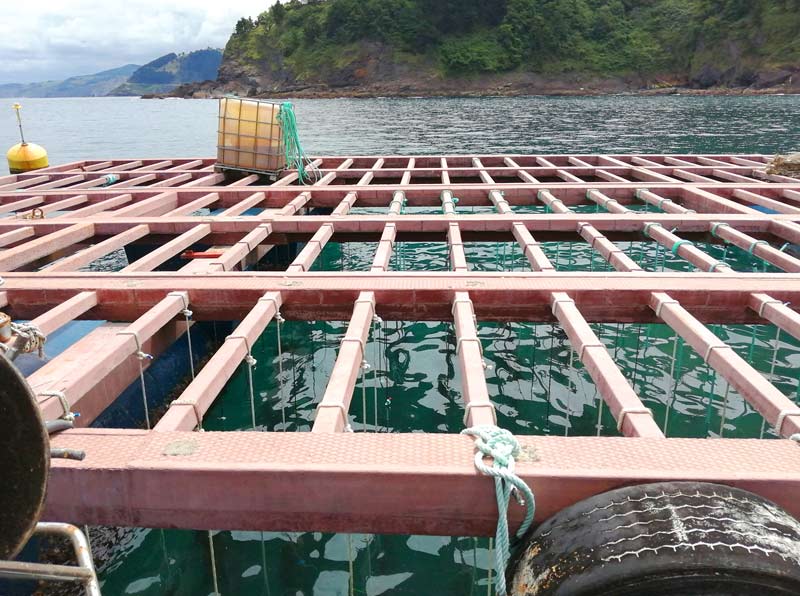
Technical, environmental and economic sustainability
Researchers also observed and evaluated the sustainability of the prototypes, considering technical, environmental and economic aspects.
“The biodegradability tests showed that the ‘bio’ ropes do not degrade in seawater at temperatures below 20-30 °C, while the compostability tests showed that they can be fully composted in industrial conditions, above 58 °C, which would help to manage waste sustainably through organic recycling in industrial composting conditions at the end of its life”, adds the AZTI expert.
For example, among the prototypes evaluated, the one with the best production performance reduced its carbon footprint by up to 34% throughout its life cycle compared to conventional ropes.
“Although the costs of biobased raw materials (biopolymers) for the production of biogears are currently higher, their production performance offsets this cost overrun. Moreover, future trends, which estimate an increase in the production of biopolymers to meet market demand, could reduce the price of these materials and make biobased ropes even more competitive,” concludes Arantzamendi.
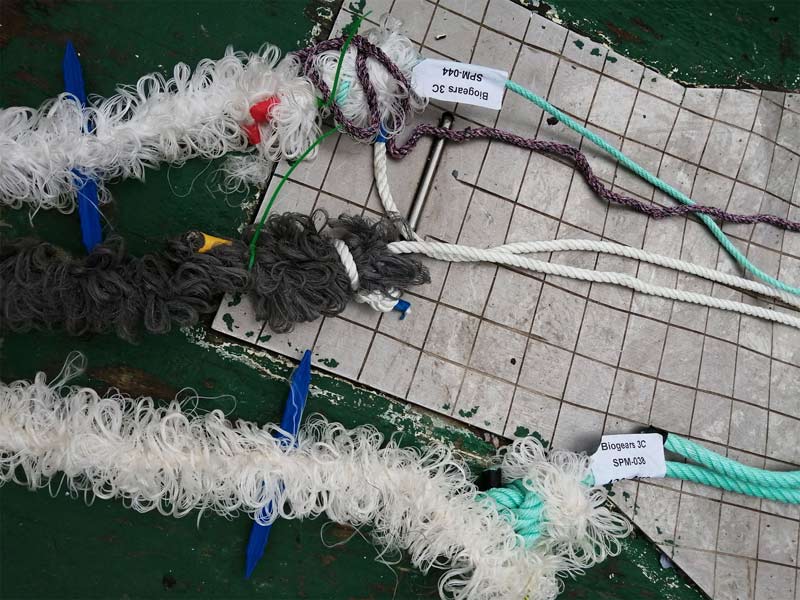
The results obtained by the BIOGEARS project will foster a sustainable and eco-efficient aquaculture industry, creating a bio-based value chain, in line with the EU Bioeconomy Strategy and the implementation of European policies on reducing marine litter and microplastics.
Funded by the EU’s European Maritime and Fisheries Fund, the initiative has also involved GAIKER, ITSASKORDA, ERINN Limited and CENTEXBEL.
